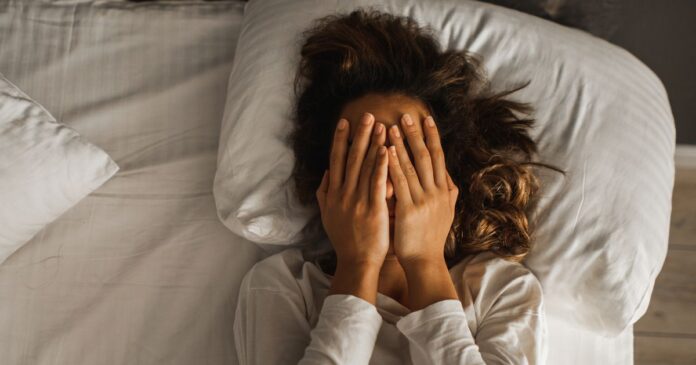Understanding the 3 AM Wake-Up Call: You’re Not Alone
Your room is dark and silent, yet your thoughts race with the vibrant intensity of early morning. The clock ticks relentlessly; it’s 3 AM. Surrendering to sleep once more feels impossible. You may wonder if you’re the only one experiencing such sleepless nights. In truth, countless others are awake right alongside you, and there’s a fascinating explanation for this phenomenon.
Why Do We Wake Up at 3 AM?
Waking up in the middle of the night is more common than you might think. A study from sleepfoundation.org revealed that nearly 35.5% of people jolt awake during those early hours more than three times a week. Often, insomnia’s unwanted companion is a racing mind filled with worries and memories. And while it’s tempting to link this wakefulness only to emotional stress, the reasons extend far beyond mere thoughts.
The Science Behind the Wake-Up Call
Sleep expert Greg Murray, the Director of the Centre for Mental Health at Swinburne University of Technology in Australia, sheds light on the issue. According to him, waking up at around 3 AM is entirely natural, tied closely to our body’s neurobiology.
Around this time, our bodies hit a pivotal juncture in the sleep cycle. Internal processes gradually wake us, regardless of external cues like traffic noise or dawn light breaking through your curtains. Our core temperature begins to rise. As melatonin, the sleep hormone, peaks, our bodies naturally start to prepare for a new day with an increase in cortisol, the stress hormone.
The Role of Cortisol
Cortisol’s role in our wakefulness cannot be overstated. As we reach the early hours, its levels rise, preparing us for action. When we experience stress or anxiety, cortisol triggers sugar to release into our bloodstream, signifying that our bodies are ready for an energy boost. This biological response can cause those middle-of-the-night awakenings to feel much more pronounced, especially for those under significant stress.
Recognizing the Collective Experience
Murray notes that everyone typically wakes up multiple times throughout the night; we just might not remember it. However, during stressful periods, these awakenings might feel more frequent and alarming, leading to hypervigilance—an anxious condition that can spiral into insomnia. In a dark, silent room, with no external distractions, the mind can all too easily conclude that the problems it conjures are insurmountable.
Missing Elements in Sleep
In the quiet hours of the night, fundamental aspects of human connection and culture are often stripped away. Murray suggests that when we are left alone with just our thoughts, we can inadvertently amplify our worries. Without social interactions or comforting routines during these midnight hours, feelings of anxiety can dominate, making our problems seem more severe.
Strategies to Navigate Those Sleepless Hours
What can you do if you find yourself wide awake at 3 AM? Murray recommends practicing mindfulness during the day to manage stress levels. This preventative approach can significantly reduce the anxiety that often leads to sleepless nights. When wakefulness strikes, simple cognitive-behavioral techniques can help. Consider getting out of bed, turning on a dim light, and engaging in a calming activity, such as light reading, to distract your mind before returning to sleep.
Resilience Through Awareness
The awareness that countless others share your experience can be incredibly comforting. Recognizing that these physiological and psychological responses to stress are completely normal can lead to a healthier and more mindful approach to sleep. Instead of battling awakenings in an attempt to force slumber, we can learn to navigate these moments with compassion for ourselves.
Finding Peace in the Darkness
While the clock might read 3 AM, and your room may be engulfed in darkness, the shared human experience of midnight awakenings is an opportunity for growth. Understanding the why behind these moments can empower better strategies for managing stress and sleep for a more restful night.
